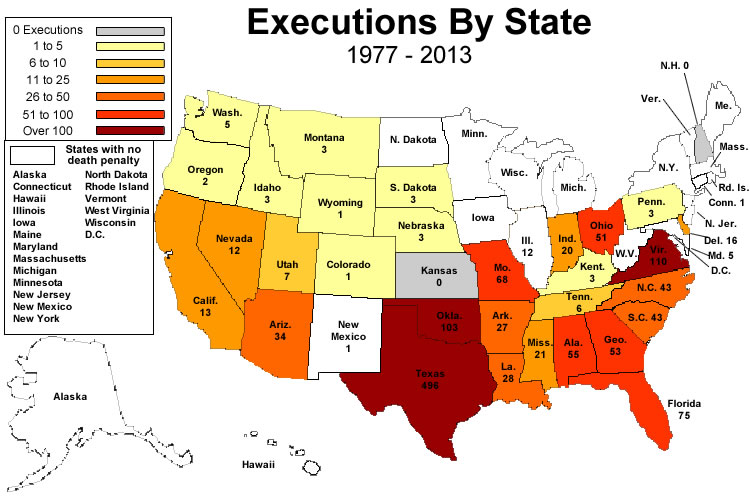TL;DR: "Graves" could be sentenced to death, but only after a trial and it could take a few years for the sentence to be executed. Unfortunately, he manages to escape before this.
Long answer
This WorldBuilding.SE question is very much relevant to your question:
Why do governments not execute or otherwise permanently contain super villains?
(...)
Super villains are domestic terrorists. All attempts at rehabilitation
(other than brainwashing and lobotomies) end in failure. Keeping them
in prisons and asylums they will inevitably escape only puts the
public at further risk of mass death and destruction.
(...)
This question has a very interesting answer that argues that capital punishment is much more unusual in the US than we think. The following graph, also borrowed from the same answer, shows that only ~1000 prisoners were executed in the US in a 36 years span. Also, prisoners are executed after 15 years on average.

Now, going back to the wizarding world:
Wizards from different places are influenced by the local culture
In the US, the head of government is the President. In MACUSA, the leader is also a president. In UK, we have the Prime Minister (muggle) and the Minister of Magic (wizard).
The US allows capital punishment and MACUSA also does (Graves ordered Newt/Tina to death). The UK has banned executions and UK wizards have Azkaban for permanent imprisonement.
So, Graves could be sentenced to death, but it would take years for him to be executed.
MACUSA is not so much in favor of capital punishment
You said that American magical government in this era is very much in favor of capital punishment, but I don't think so.
Graves ordering the execution of Newt and Tina was a miscarriage of justice to cover up his mistake when talking about the Obscurus. He used his power as the Director of Magical Security to enforce his desire and no other director was present to oppose him.
The MACUSA President ordered the execution of Credence, but one could argue that the situation was out of control and it could be hard to restrain the Obscurus even with so many wizards in the vicinity. It was better to kill him and prevent the death of other civilians. In the no-maj world, the police have the same authorization: an officer is allowed to kill a criminal if there is a real danger of another human being killed.
Answer
Considering that US wizards have similar laws and follow similar concepts to US no-majs, "Graves" could be sentenced to death, but it would take at least a few years for him to be executed (after multiple trials). Or he could be deported to Europe, where he committed most of his past crimes.

